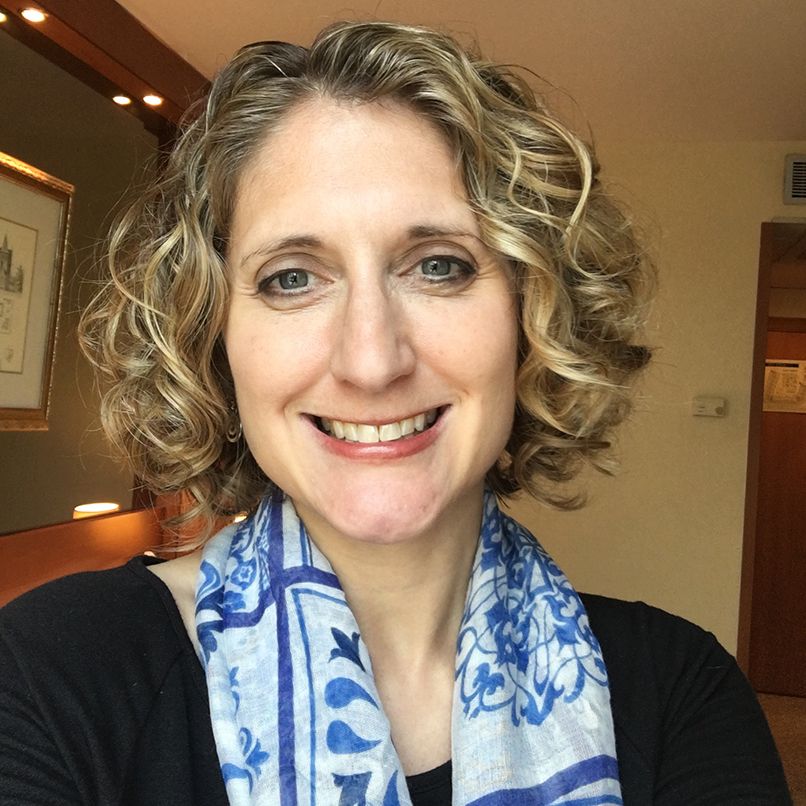
IPTA Allied Health & Nursing Committee Member Spotlight
Dr. Debra Lefkowitz
Psychologist
Dr. Debra Lefkowitz is a pediatric transplant psychologist at The Children’s Hospital of Philadelphia (USA). She is currently is the Psychosocial Director for the Pediatric Transplant Center and the Clinical Director of the Pediatric Health and Behavior Program, and serves as the psychology and Transplant Center representative to the hospital’s Ethics Committee. She is also an Associate Professor of Clinical Psychology at the Perelman School of Medicine at the University of Pennsylvania.
1. What does your routine day look like?
No two days look the same for me, as my work involves a combination of inpatient consultation, outpatient clinic, administrative duties, teaching/mentorship, and program development/research. And, you never know what types of crises will pop up that need resolution. It certainly keeps life interesting!2. What are you most proud of?
Establishing the many roles of the psychologist in our transplant center, and being able to collaborate with our wonderful multidisciplinary team members to provide optimal care for kids.3. Are there any challenges in your role?
I work with four different transplant programs (heart, lung, kidney, and liver) within our center, each of which has different multidisciplinary team members and sometimes different approaches to patient care. It can be difficult to keep up with all of the needs of patients, families and team members, especially when they happen at the same time! Likewise, in the current funding environment, there is increased emphasis on patient numbers and less opportunity to engage in the program development activities that enhance our patient care.4. What would you tell others who are interested in pursuing this career?
Working in transplantation and in a pediatric hospital setting is an incredibly rewarding experience. Transplantation in particular provides so much intellectual stimulation in addition to having the opportunity to provide impactful care to patients and families. And working in a pediatric hospital setting allows me to be work together with very talented, dedicated multidisciplinary team members. There’s just so much opportunity for learning and growth.5. How does an IPTA membership enrich your career?
When I first started as a psychologist in transplant, I was one of only a few transplant psychologists around the world. Though the number has grown, it’s still a small group of people. Finding IPTA has been a wonderful way to connect with other psychologists as well as other transplant professionals around the world to network, share ideas, and work together to move the field forward. It has also given me a much more global perspective about transplantation.Contact
Address
Cell Transplant and Regenerative Medicine Society
c/o The Transplantation Society
740 Notre-Dame Ouest
Suite 1245
Montréal, QC, H3C 3X6
Canada


